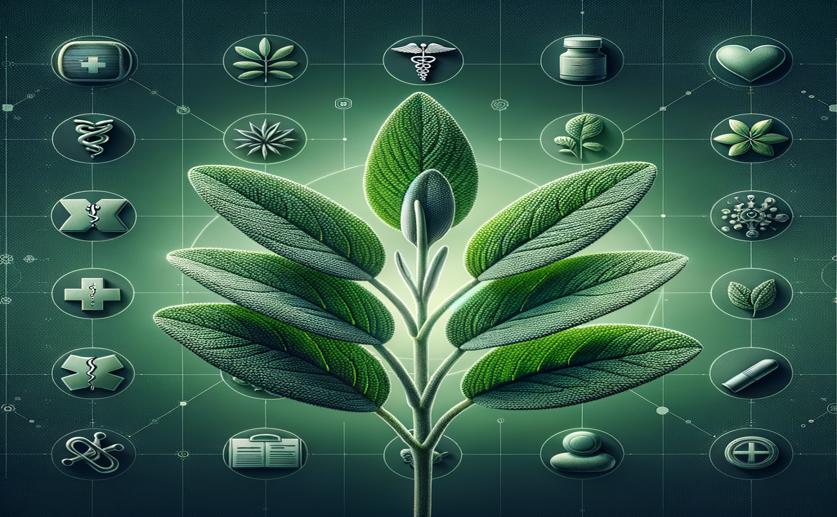
Sage Reduces Liver Damage and Inflammation from Chemotherapy
Jenn Hoskins
10th June, 2024

Image Source: Natural Science News, 2024
Key Findings
- Researchers at Minia University studied the effects of sage extract (ESOE) on liver damage caused by the chemotherapy drug Cisplatin in rats
- Cisplatin caused significant liver damage, including increased liver enzymes, oxidative stress, and inflammation
- Pretreatment with ESOE improved liver health by reducing enzyme levels, oxidative stress, and inflammation, showing its potential as a protective agent during chemotherapy
References
Main Study
1) Mitigation of Cisplatin-Induced Hepatotoxicity by Salvia officinalis: Attenuation of Oxidative Damage and Inflammation in Rats.
Published 7th June, 2024
https://doi.org/10.1016/j.freeradbiomed.2024.06.005
Related Studies
2) Cisplatin in cancer therapy: molecular mechanisms of action.
3) Protective effect of CV247 against cisplatin nephrotoxicity in rats.
4) Molsidomine prevents cisplatin-induced hepatotoxicity.



 6th June, 2024 | Greg Howard
6th June, 2024 | Greg Howard